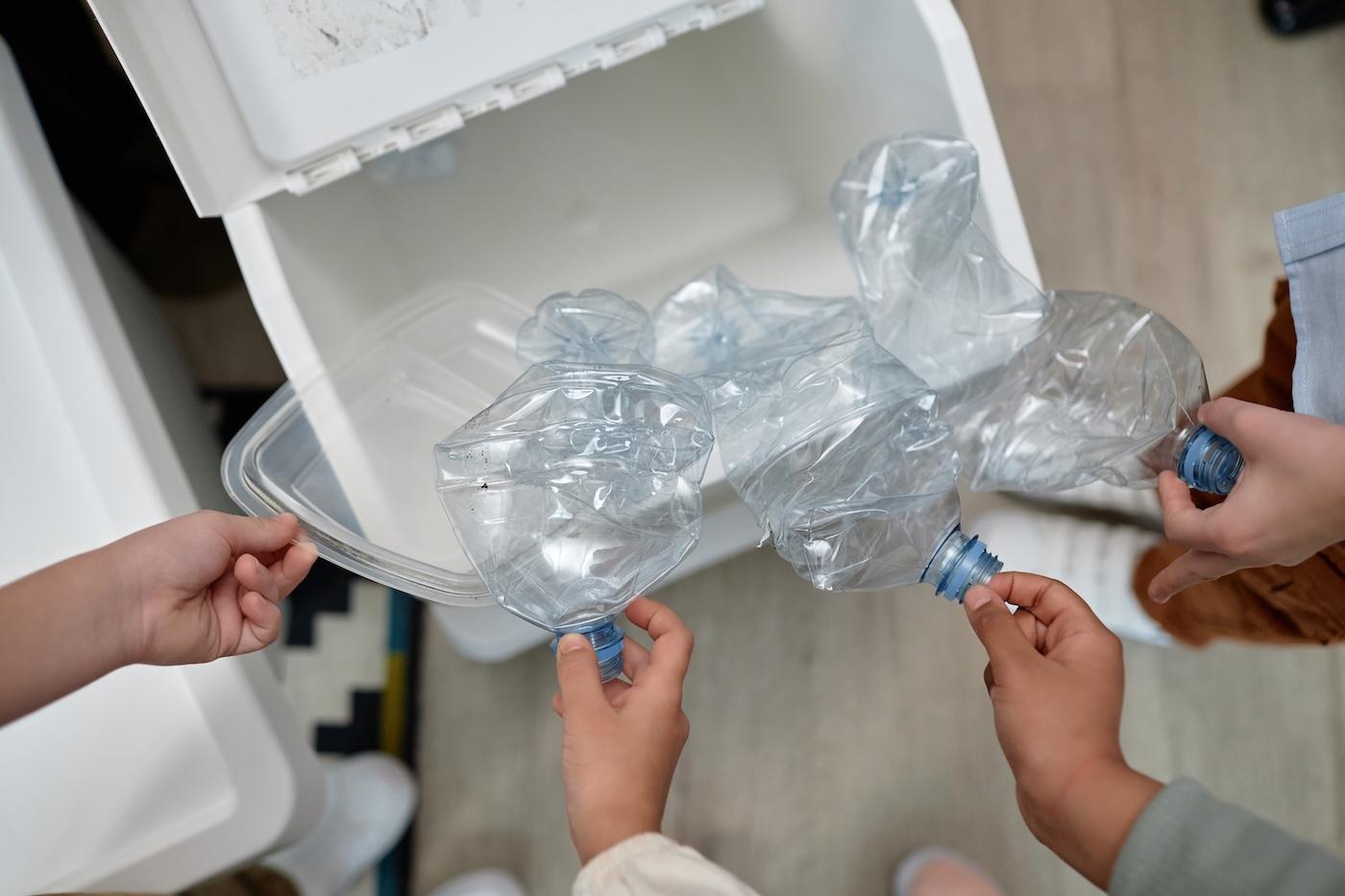PARENTS
After a Breastfeeding Experience That Left Her Feeling Alone and Unsupported, This Black Mom Is Speaking Out
When Bianca Ordoñez, an HIV-positive mom, told doctors she wanted to breastfeed, she was made to feel like a criminal. Now, she’s telling her story.

Written by
Happiest Baby Staff

Bianca Ordoñez, a personal trainer and mother-of-one in Queens, New York was very much looking forward to breastfeeding her baby girl, Jewel Esmeralda aka Juju, now 14 months old. But her doctors not only discouraged her from doing so, they also made her feel like a criminal for wanting to nurse. The reason? Bianca is HIV positive. “It became clear to me that my healthcare provider did not have much experience caring for soon-to-be mothers like myself…and, honestly, because of that, I felt so betrayed by the whole system,” she says.
In honor of Black Breastfeeding Week’s 10-year anniversary, we at Happiest Baby reached out to a handful of Black breastfeeding mothers, asking them to share their experiences breastfeeding while Black. Why? Because Black parents’ experience with breastfeeding is unique. Research shows that Black mamas encounter numerous challenges in initiating and sustaining breastfeeding, including various forms of prejudices and racism—and inadequate social support and resources. Case in point: Today, only 10% of lactation consultants are Black, which means 90% of the lactation field has zero personal experience with the specific challenges of breastfeeding while Black...including the stigma involved with Black breastfeeding. And all of this leads to one fact: In America, Black babies are less likely to be breastfed than babies of other races.
And while, of course, fed is best, all parents and babies deserve a level playing field when it comes to choosing how to nourish their little ones—and the support they receive. Here’s Bianca’s story.
Happiest Baby: During your pregnancy, were your providers aware of your HIV status?BO: Yes, but they were not experienced. They seem to have forgotten the term “undetectable,” which is probably the most important term after diagnosis. My viral load was undetectable at the time of my pregnancy.
An undetectable viral load is when the level of HIV in the blood is too low to be detected by a viral load test. The risk of perinatal transmission of HIV during pregnancy and childbirth is lowest when a woman with HIV has an undetectable viral load. However, mothers taking antiretroviral drugs with low detectable plasma viral loads may still transmit HIV via breastfeeding.
HB: Did you talk to your doctor about breastfeeding?BO: Throughout my pregnancy, my doctors always said, “We do not recommend you breastfeed,” and I complied because I thought doctors knew best. However, as my due date kept getting closer, I began doing my own research and saw that HIV positive mothers whose viral loads were undetectable were breastfeeding, and their babies were not becoming infected. At that point, I realized that I wanted to breastfeed.
Currently, the Office of AIDS Research (a department in the U.S. Department of Health and Human Services) does not recommend breastfeeding among individuals with HIV in the United States. However, the CDC notes that mothers with HIV who have questions about breastfeeding or who desire to breastfeed should receive patient-centered, evidence-based counseling on infant feeding options, allowing for shared decision-making. If a mother with HIV chooses to breastfeed, they should receive close follow-up care and be supported in risk-reduction measures to minimize the risk of HIV transmission to their infants, including adhering to antiretroviral therapy (ART) and sustained viral suppression.
HB: What happened when you inquired about breastfeeding?BO: The day that I was induced someone came into my room to remind me that it was not recommended I breastfeed and to discuss the formula they were going to put my daughter on. I told them that I felt as though my rights and freedoms were being stripped away and that I changed my mind and wanted to nurse. It went downhill from there. They told me that they would call Child Protective Services on me if I decided to breastfeed. I felt like a criminal.
HB: Did you feel you were part of the “shared decision-making” of breastfeeding your daughter? BO: Absolutely not. I wasn’t even allowed a say in the formula the hospital gave my baby. When I shared with them the formula I preferred, I was told, “I understand your concerns, but I’d rather my daughter have asthma than HIV.” I was in disbelief. I felt so alone and unsupported. One of the worst experiences of my life. On top of all that, the hospital told me I didn’t need to see a lactation consultant since I was not going to be breastfeeding. It wasn’t until I got home and felt my breast engorged and hot to the touch, that I realized how mismanaged my whole experience was. I didn’t know I had to drain my breast. No one helped me.
HB: Was anyone in your care team Black? If not, do you think that would’ve made a difference? BO: No, no one in my care team was Black. I would have definitely been more comfortable asking questions and more importantly I would have felt heard.
Research has shown that racism, discrimination, and unconscious bias is rampant the US health care system, which leads to unequal treatment for racial and ethnic minorities. At the same time, Black moms are three times more likely to die after giving birth than white women in America.
HB: Were you ever able to breastfeed your daughter? BO: Eventually I did. But I stopped because I felt too guilty.
HB: What’s your best advice for Black moms-to-be who are hoping to breastfeed?BO: Listen to your body and have grace with yourself. If breastfeeding is too painful or uncomfortable, don't do it. If your body does not produce enough milk, don't be hard on yourself. I know you only want what is best for your sweet baby—and sometimes that’s formula.
HB: Why do you think we need Black Breastfeeding Week?BO: Black Breastfeeding Week allows us to feel seen and heard. We need to hear stories from women who are like us! And Black Breastfeeding Week puts the focus on three things that need more support: Being Black in America, being a woman in America, and being a mother in America.
For more on Black parenthood, check out…
- Where Black Parents Can Find Breastfeeding Support
- Mental Health Resources for Black Parents
- Myleik Teele, the Founder of curlBOX, Shares Her Breastfeeding Journey
- Why We Need Black Breastfeeding Week
Disclaimer: The information on our site is NOT medical advice for any specific person or condition. It is only meant as general information. If you have any medical questions and concerns about your child or yourself, please contact your health provider.
SHARE THIS ARTICLE
MOST LOVED
Sleepytime Sidekicks












